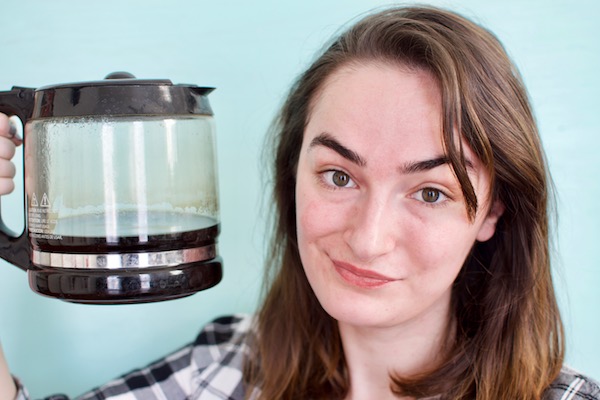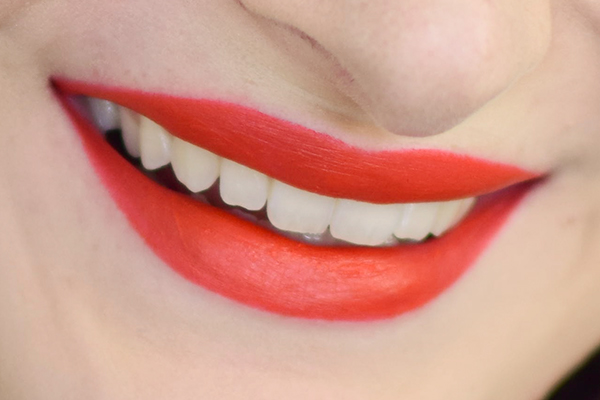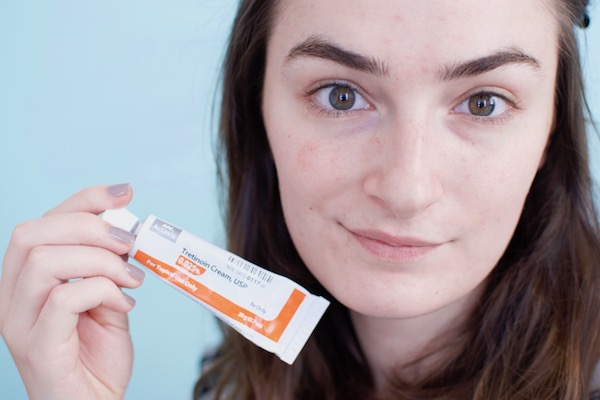Black beauty bloggers around the world are calling Sephora’s new Bye Felicia lipgloss blatant cultural appropriation.
by Aprill Coleman
I was 12 years old when Friday premiered at theaters. I remember going to the movies with a bunch of friends to watch Craig and Smokey go on an adventure of sorts to get Big Worm’s money back. One character caught my attention in the movie, though she only had a few scenes- Felisha, Debbie’s crack addicted sister. She would pop up in random scenes asking to borrow money and oddball appliances like a microwave for what I would assume was to be used to purchase drugs. Every mission was a failed one, ending with Craig nonchalantly exclaiming, “Bye Felisha!”
I’m not really sure who changed Felisha to Felicia, but along the way she’s graduated from a small bit in an iconic culturally relevant movie to mainstream status.
Imagine my surprise when Sephora partnered with Taste Beauty to premiere what is to be the summer’s hottest accessory — Felicia the Flamingo, a flip-top lip balm with the words “bye Felicia” scripted on the wrapper. The balm and its packaging is described as “insanely cute,” and “pop-culture inspired, fun and young.” Insert eye roll.
I couldn’t help but notice that Taste Beauty’s co-founders are middle aged white men, and not a single woman of color is pictured on their about page. I’m not one to stereotype, but if I had to guess who in the room has watched Friday well enough to understand who Felisha is, I wouldn’t point to them.
It seems like every few months another beauty or fashion brand is monetizing black culture — even when it’s not a brand you can actively buy, the cultural appropriation of black beauty is real enough that it’s hitting white consumers with “boxer braids” and that inventive Timberland shoe style that is apparently new and innovative. But the appropriation of Felisha is different. Felisha was an accurate representation of black culture in the early 90s on the heels of the crack epidemic. Taste Beauty’s use is completely out of context. Felisha is an African American, crack-addicted character that did not wear makeup, whereas Felicia is a brightly colored flamingo shaped like a pool float. A tiny part of my black American culture was appropriated, reinvented, and packaged into a strawberry scented balm for profit.
It is time for beauty and fashion companies to stop integrating black culture into their branding and promotions. We are aware that the use of AAVE is not even to attract us, but our white counterparts. It’s almost a slap in the face when you consider that black women, who spend 7.5 billion dollars annually on beauty products, are still being underserved by the cosmetics industry. With few exceptions, we can’t find foundation in our shade, we don’t see many women who look like us in advertising, and we can’t find products that care to thrive in our space.
Beauty brands have more important needs to address in the industry. Continuing to appropriate black culture to make products more attractive to white women isn’t a solid business plan and it isn’t a kind one, either. So to Taste Beauty and Sephora, in response to your cute flamingo I say, “Bye Felisha!”
Love this article? For more beauty, style, travel, and trending topics check out The Luxury Spot on Facebook. Like us and we’ll love you back!
Aprill Coleman is one of America’s most active black beauty bloggers and is based in the South. Visit her site at heyaprill.com.












